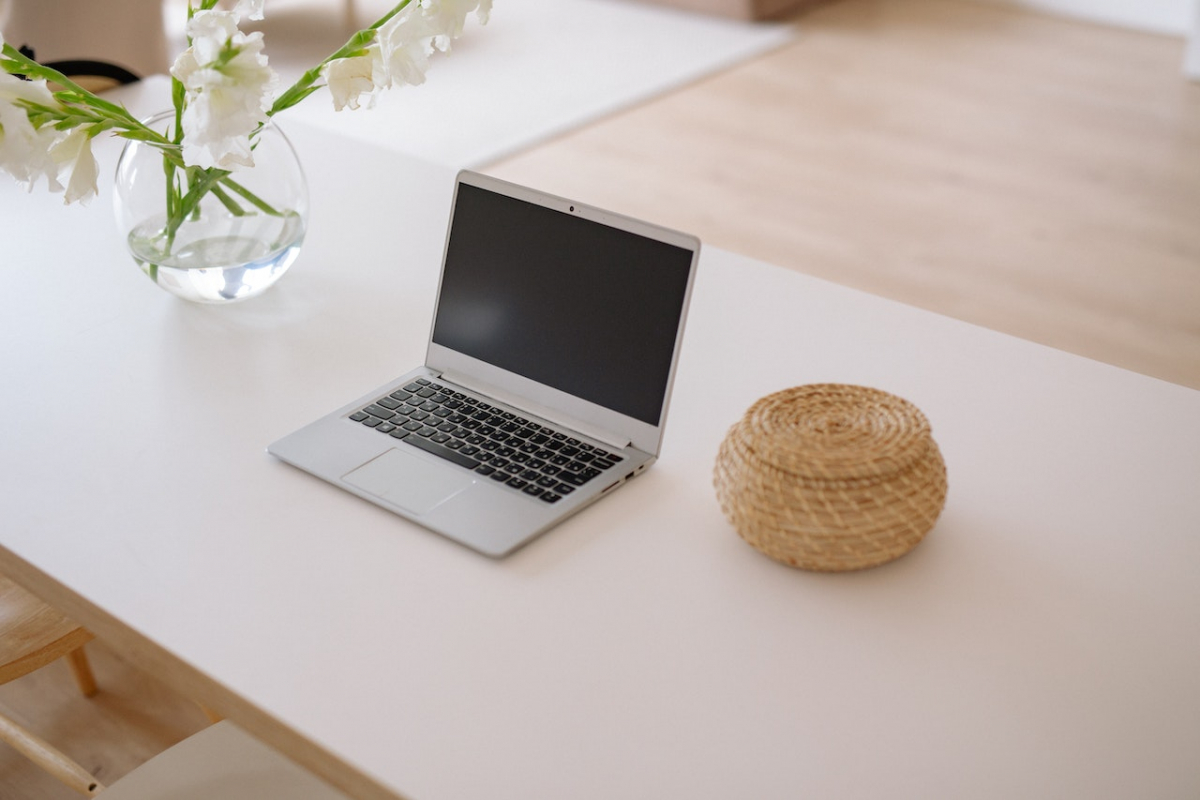In today's world, laptops have become an essential part of our lives. Whether you're a student, a professional, or a gamer, a laptop is something that you cannot do without. However, with so many options available in the market, it can be tough to choose the right laptop that fits your needs and budget. Getting stuck with the wrong laptop can not only be frustrating but also a waste of time and money. That's why we've gathered some useful tips and tricks to help you find the perfect fit for your lifestyle.
Assessing Your Needs
The first step in finding the perfect laptop for you is to assess your needs. What are you going to use the laptop for? Are you going to use it for work, entertainment, or both? If you're a student, you may need a laptop that is lightweight and portable so that you can carry it around with you easily. If you're a professional, you may need a laptop that has a powerful processor and enough RAM to handle intensive tasks like video editing or programming. If you're a gamer, you'll need a laptop that has a dedicated graphics card to handle the latest games.
Consider your needs and prioritize them accordingly. Once you know what you're looking for, it will be easier to narrow down your options.
Choosing the Right Operating System
The next thing to consider is the operating system (OS) of the laptop. The three most common operating systems are Windows, macOS, and Chrome OS. Windows is the most widely used operating system, and it's compatible with most software programs. macOS is exclusive to Apple laptops and is known for its user-friendly interface and stability. Chrome OS is a lightweight operating system designed for web-based applications and is found in Chromebooks.
Each operating system has its pros and cons, so choose one that suits your needs and preferences. If you're familiar with Windows, it may be the best choice for you. If you're an Apple user, macOS may be the way to go. If you're looking for a budget-friendly option, Chrome OS may be the answer.
Laptop Size and Weight Considerations
Laptop size and weight are important factors to consider. If you're always on the go, you'll want a laptop that is lightweight and portable. A 13-inch laptop is a good option for portability, while a 15-inch laptop is a good compromise between portability and screen size. If you need a larger screen for work or entertainment, a 17-inch laptop may be the best option for you.
Keep in mind that larger laptops are heavier and may not be as portable as smaller laptops. If you're going to be carrying your laptop around a lot, consider a smaller laptop or a lightweight ultrabook.
Processor and RAM Requirements
The processor and RAM are critical components that determine how well your laptop performs. The processor is the brain of the laptop, and it's responsible for processing data and running applications. The RAM, or random-access memory, is the temporary storage area that the processor uses to store data.
For basic tasks like web browsing, email, and word processing, a laptop with an Intel Core i3 or AMD Ryzen 3 processor and 4GB of RAM should suffice. For more intensive tasks like video editing or gaming, you'll need a laptop with a more powerful processor like an Intel Core i7 or AMD Ryzen 7 and at least 8GB or 16GB of RAM.
Storage Options
Storage is another crucial factor to consider when choosing a laptop. There are two types of storage: traditional hard drives and solid-state drives (SSDs). Traditional hard drives are slower but offer more storage space at a lower cost. SSDs are faster and more reliable but are more expensive and offer less storage space.
For basic tasks, a laptop with a 256GB SSD should suffice. If you need more storage space, consider a laptop with a traditional hard drive or a laptop with a larger SSD. Keep in mind that some laptops have a combination of both a traditional hard drive and an SSD.
Graphics and Display Options
If you're a gamer or a graphic designer, the graphics and display options are important factors to consider. A dedicated graphics card is necessary for playing the latest games or running intensive graphics applications.
The display is also an essential factor to consider. A higher resolution display with better color accuracy and viewing angles will provide a better visual experience. For gamers, a high refresh rate display with a low response time will provide a smoother gaming experience.
Battery Life
Battery life is another important factor to consider, especially if you're always on the go. A laptop with a longer battery life will allow you to work or play without having to worry about finding a power outlet. A laptop with a battery life of at least 8 hours should suffice for most users.
Additional Features to Consider
There are a few additional features to consider when choosing a laptop. A backlit keyboard can be helpful if you're working in low light conditions. A touchscreen display can be useful if you need to interact with your laptop in a more intuitive way. A fingerprint reader can provide an extra layer of security for your laptop.
Setting a Budget
Setting a budget is an important step in finding the perfect laptop for you. Laptops can range from a few hundred dollars to several thousand dollars, so it's essential to determine how much you're willing to spend.
Keep in mind that a higher price tag doesn't always mean better performance. Assess your needs and prioritize them accordingly. You may find that a mid-range laptop is sufficient for your needs.
Researching and Comparing Options
Once you've assessed your needs, set a budget, and determined the features that are important to you, it's time to research and compare options. Look for laptops that meet your requirements and compare their features, specifications, and prices.
Read reviews from other users to get an idea of their experiences with the laptops you're considering. Look for deals and discounts that can help you save money.
Conclusion
In conclusion, finding the perfect laptop for you can be a daunting task, but it's essential to avoid getting stuck with the wrong laptop. Assess your needs, choose the right operating system, consider laptop size and weight, processor and RAM requirements, storage options, graphics and display options, battery life, and additional features. Set a budget, research and compare options, and read reviews from other users. With these tips and tricks, you'll be able to find the perfect laptop that suits your needs and budget.

